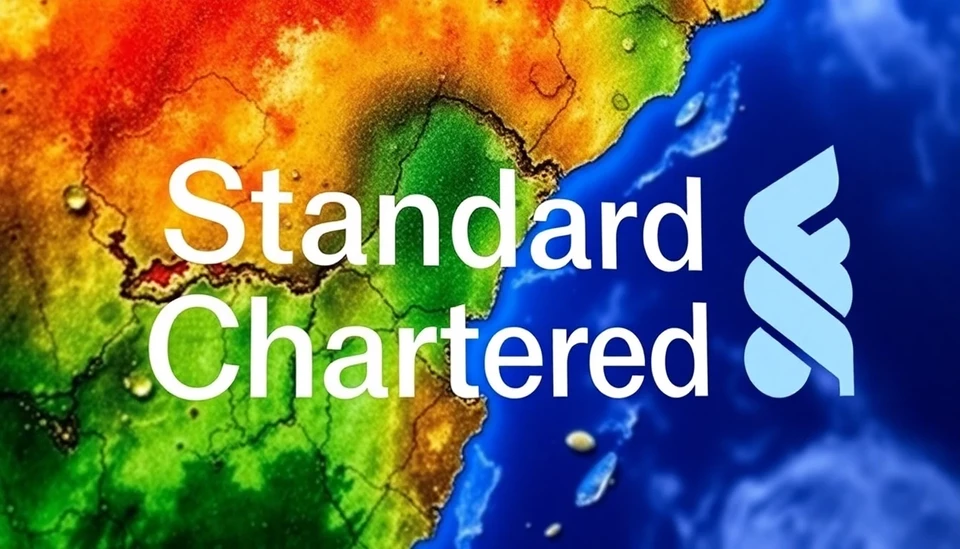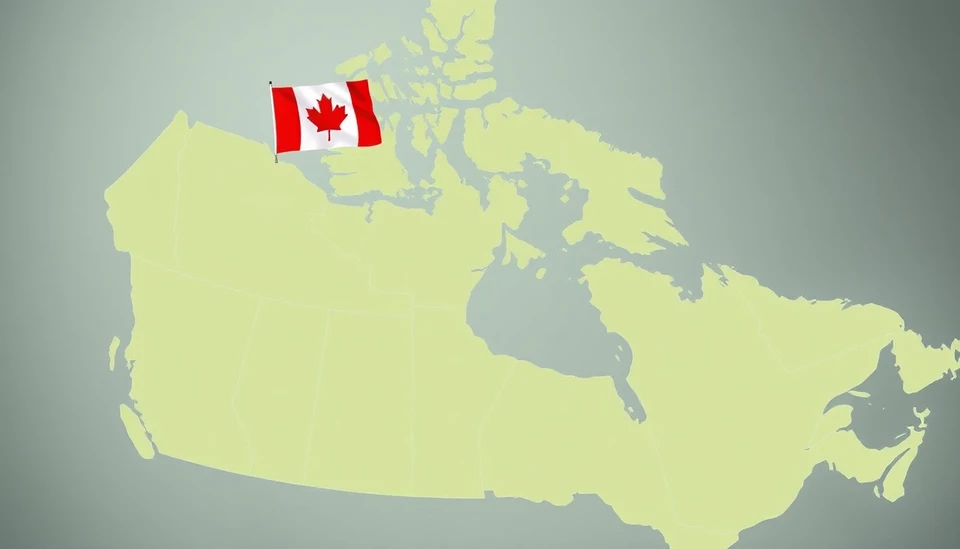
In a landmark statement, Standard Chartered has highlighted the significant potential for nature swaps across Africa, attributing it to the region's favorable debt conditions. The bank has pointed out that the current environment of discounted debt prices creates a unique opportunity for countries to engage in innovative financing mechanisms aimed at conserving nature and biodiversity while addressing their pressing financial issues.
Nature swaps are financial instruments that allow countries to exchange debt relief in return for commitments to preserve natural areas or invest in sustainable practices. This approach is increasingly viewed as a viable solution for both alleviating debt burdens and fostering environmental sustainability.
Standard Chartered's insights come at a time when many African nations are grappling with escalating debts exacerbated by global financial pressures, including rising interest rates and inflation. The bank asserts that these economic challenges could spur governments to consider nature swaps as a strategic tool for managing their financial liabilities while also addressing environmental crises that threaten the continent's rich biodiversity.
The discussion surrounding nature swaps is gaining momentum, especially as international communities strive to achieve their climate goals. Standard Chartered emphasized that with around $70 billion of African sovereign debt trading at distressed levels, the incentive for creating innovative financial products like nature swaps is greater than ever. This financial landscape presents an unprecedented moment for governments to rethink their approach to debt and make tangible commitments to environmental responsibilities.
In light of these developments, the bank encourages governments and stakeholders to engage actively in designing frameworks that will support these transactions. By effectively leveraging distressed debt conditions, countries could not only mitigate their financial struggles but also illustrate a commitment to sustainability that resonates with global investors increasingly focused on environmental, social, and governance (ESG) criteria.
This move aligns with broader international efforts to mobilize funds for climate action and biodiversity conservation, particularly in developing regions. As more nations consider their roles in addressing climate change, the adoption of nature swaps could prove to be a pivotal step towards sustainable growth and environmental stewardship.
In summary, Standard Chartered's observation of Africa's ripe conditions for nature swaps opens the door to new financial possibilities that intertwine fiscal health with environmental preservation, positioning African nations at the forefront of innovative climate finance solutions.
#NatureSwaps #Africa #DebtRelief #Sustainability #ClimateFinance #StandardChartered
Author: Megan Clarke




